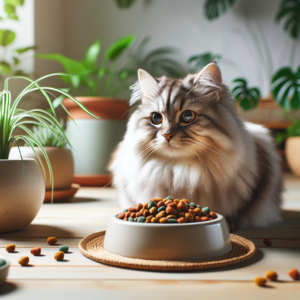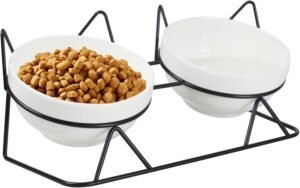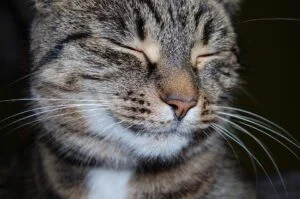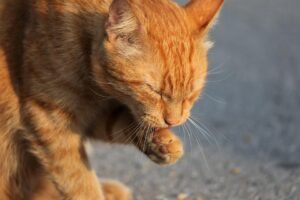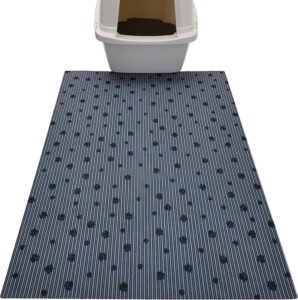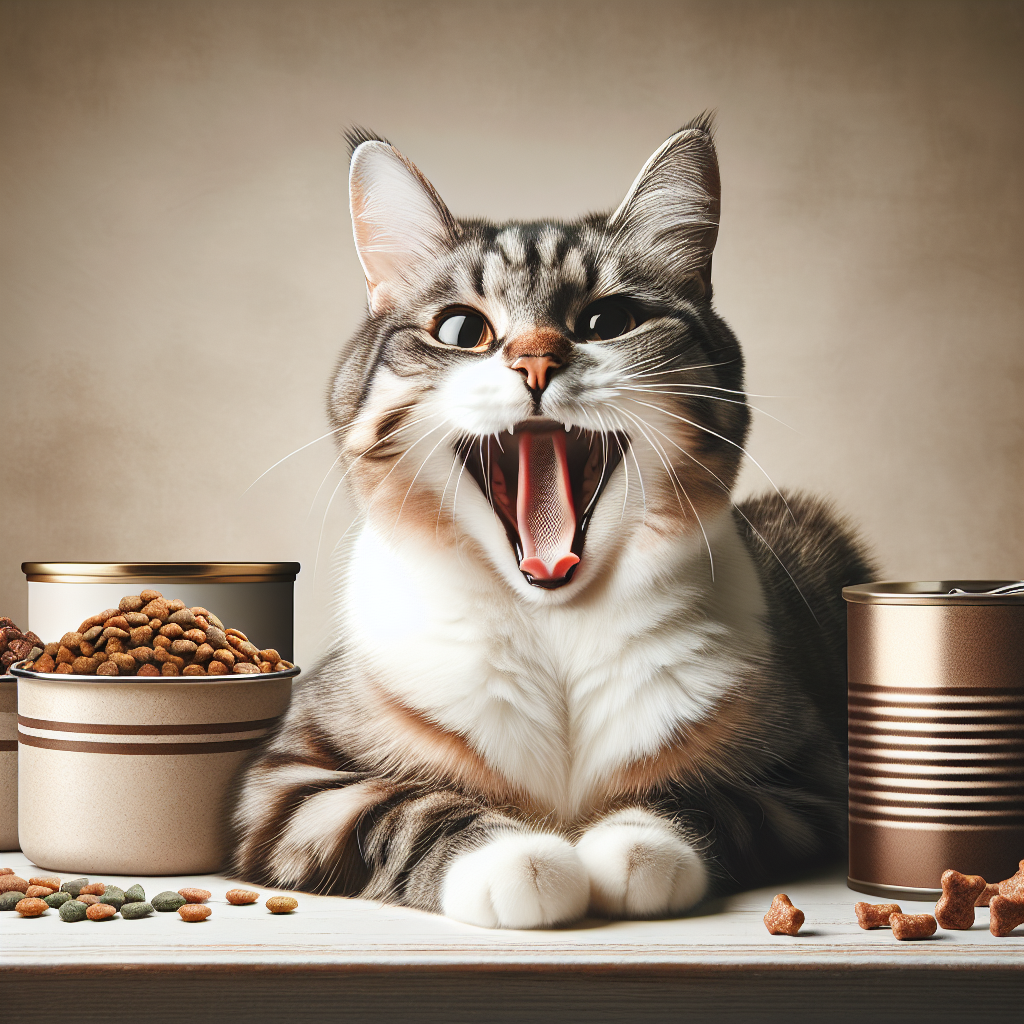
Introduction
Dental health is an essential aspect of your cat’s overall well-being, yet it’s often overlooked. Just like humans, cats can suffer from a range of dental issues, including plaque buildup, tartar, gingivitis, and periodontal disease. These conditions not only cause discomfort and pain but can also lead to more severe health problems if left untreated. Nutrition plays a pivotal role in maintaining optimal feline dental health. Understanding the connection between your cat’s diet and its dental condition can help in preventing oral diseases and ensuring a healthier, happier life for your feline companion.
The Anatomy of a Cat’s Mouth
Before delving into the nutritional aspects, it’s essential to have a basic understanding of a cat’s oral anatomy. Cats have 30 teeth designed for shearing and tearing meat. Unlike humans, they don’t have flat chewing surfaces on their molars. Their teeth are not meant for grinding but for slicing through flesh and bone. This unique structure requires specific care to prevent dental problems.
Common Dental Issues in Cats
Dental problems in cats are quite common and can significantly affect their quality of life. Some of the most prevalent issues include:
Plaque and Tartar Buildup
Plaque is a soft, sticky film of bacteria that forms on the teeth. If not removed, it hardens into tartar, which can lead to periodontal disease.
Gingivitis
This is the inflammation of the gums, often caused by plaque buildup. It is the earliest stage of periodontal disease and is reversible if caught early.
Periodontal Disease
This is a severe gum infection that damages the soft tissue and destroys the bone supporting the teeth. It is the most common dental condition in cats over three years old.
Tooth Resorption
A painful condition where the tooth structure breaks down and the tooth is gradually absorbed into the gums.
The Role of Nutrition in Feline Dental Health
Nutrition is a cornerstone of dental health in cats. What your cat eats can significantly impact their oral hygiene and overall health. Here are some ways in which nutrition affects feline dental health:
Dry vs. Wet Food
The debate between dry and wet food is prevalent among cat owners. While wet food provides essential hydration, dry kibble can help in reducing plaque and tartar buildup. The abrasive action of chewing dry food can scrape off plaque, but it’s not a substitute for regular dental care.
Raw Diets
Some advocates suggest that feeding cats a raw diet, which includes raw meat and bones, can help keep teeth clean. The natural chewing action required to consume raw bones can help in maintaining dental hygiene. However, raw diets come with their own set of risks, including bacterial contamination and nutritional imbalances.
Balanced Diets and Essential Nutrients
A balanced diet ensures that your cat receives the necessary nutrients to support overall health, including dental health. Essential nutrients such as calcium, phosphorus, and vitamin D are crucial for maintaining strong teeth and bones. Omega-3 fatty acids have anti-inflammatory properties that can help in preventing gum disease.
Foods and Supplements Beneficial for Dental Health
Incorporating specific foods and supplements into your cat’s diet can aid in promoting dental health:
Dental-Specific Cat Food
Several brands offer cat food formulated specifically for dental health. These foods often contain larger kibble sizes designed to encourage chewing and reduce plaque buildup.
Dental Chews and Treats
Dental treats and chews can be effective in reducing plaque and tartar. They promote chewing, which helps in cleaning the teeth.
Water Additives
Water additives can be added to your cat’s drinking water to help control plaque and tartar. These products are designed to freshen breath and maintain oral hygiene.
Probiotics
Probiotics can contribute to oral health by maintaining a healthy balance of bacteria in your cat’s mouth, potentially reducing the risk of dental disease.
Preventive Dental Care Practices
In addition to nutrition, there are several preventive practices you can incorporate to maintain your cat’s dental health:
Regular Brushing
Regularly brushing your cat’s teeth is one of the most effective ways to prevent dental problems. Use a cat-specific toothbrush and toothpaste to gently clean their teeth.
Routine Veterinary Check-Ups
Regular veterinary visits are crucial for maintaining your cat’s dental health. Your vet can perform professional cleanings and check for any signs of dental disease.
Monitoring Symptoms
Being vigilant about any changes in your cat’s behavior, such as reluctance to eat, drooling, or bad breath, can help in early detection of dental issues.
Conclusion
Feline dental health is a critical component of your cat’s overall well-being. Nutrition plays a vital role in preventing dental problems and promoting oral hygiene. By understanding the connection between diet and dental health, you can make informed choices that contribute to your cat’s quality of life. Incorporating a balanced diet, dental-specific foods, and preventive care practices will go a long way in ensuring your feline friend enjoys a healthy mouth and a happy life.
Additional Resources
For more information on feline dental health and nutrition, consider consulting with your veterinarian or exploring reputable online resources. Your vet can provide personalized advice based on your cat’s specific needs and health status.
